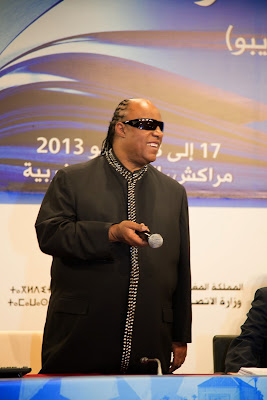Why Your Country Should Ratify the Marrakesh Treaty

Access to information and knowledge is a basic human right and a necessary first step towards personal, economic, and social development. Yet around the world, over 100 million individuals are denied this basic right. They include people who are blind, visually impaired, have dyslexia, or have a physical disability that prevents them from reading regular printed books. The good news is that there are now unprecedented opportunities to transform the lives of these millions by removing barriers of access to information — and this is where you can help. Chief negotiator Justin Hughes and the U.S. delegation signing the treaty. The international legal landscape for people with these disabilities dramatically changed on June 28, 2013, when the World Intellectual Property Organization adopted the Marrakesh Treaty to Facilitate Access to Published Works for Persons Who are Blind, Visually Impaired, or Otherwise Print Disabled . This historic international copyright exception tre








